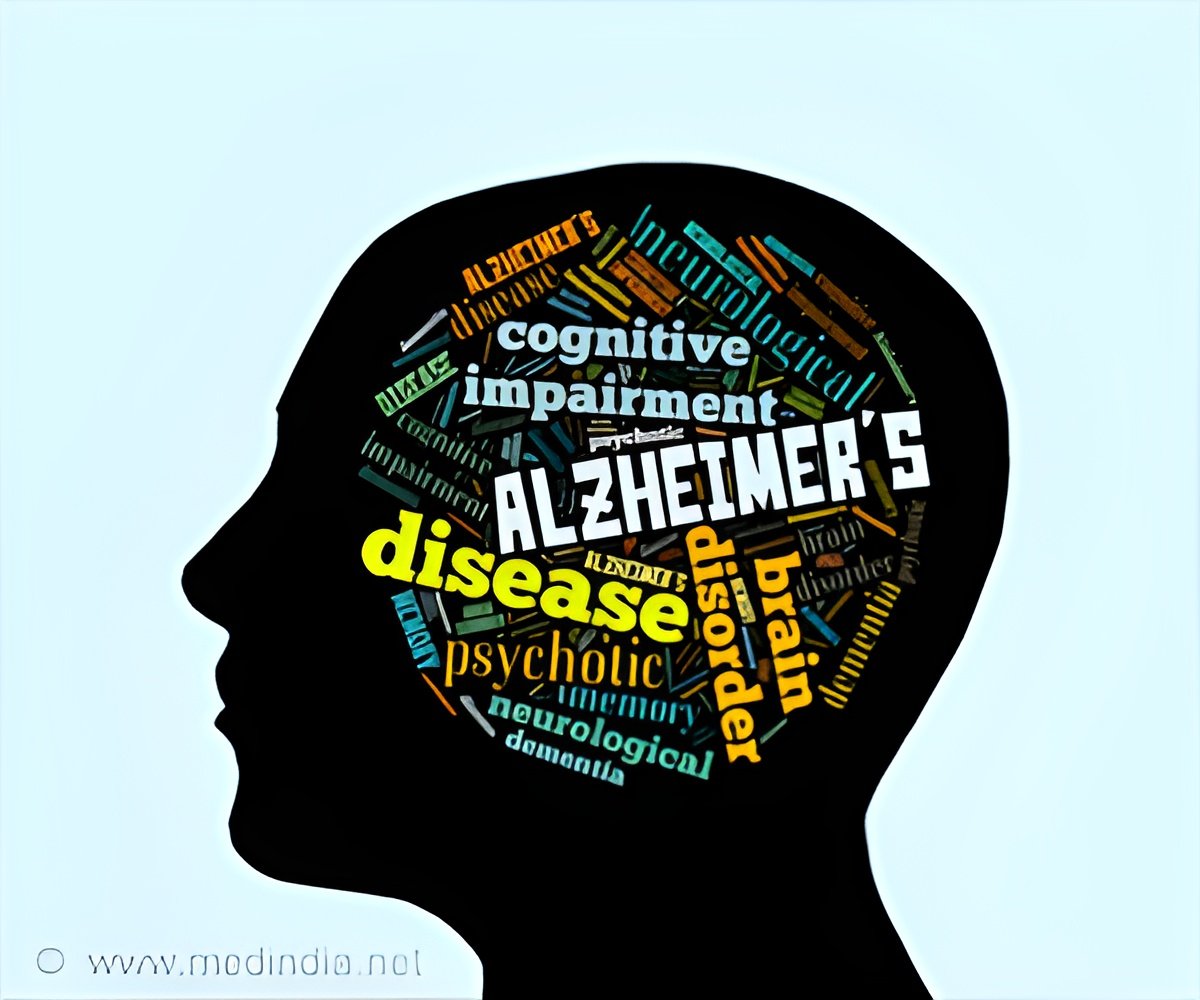
Risk of Alzheimer’s in women after menopause may be elevated by the Higher levels of HDL-C, the “good cholesterol” as per a study led by a University of Pittsburgh School of Public Health epidemiologist, published in the Journal of Clinical Endocrinology & Metabolism ().
The team suggests that the quality of cholesterol carried by HDL particles in the bloodstream deteriorates over time, which may explain the connection between HDL levels and Alzheimer’s risk in post-menopausal women.
HDL particles vary in their size, composition, and level of functioning. The team measured these features in the blood of 503 women from the Study of Women’s Health Across the Nation (SWAN) HDL ancillary study.
The researchers found that, over time, the number of larger HDL particles in the women’s bodies increased —and these larger particles, unfortunately, did not function as well as their smaller counterparts.
Good Cholesterol, Bad Outcome-How?
The researchers conducted repeated assessments of study participants’ cognitive function from 2000 to 2016 and compared these data to changes in the women’s HDL particles, composition, and function as they aged.
“We were able to show that as early as midlife, women who have more of the smaller-sized particles and those whose particles’ concentrations of phospholipids increased over the menopause transition are more likely to experience better episodic memory later in life,” said Samar R. El Khoudary, Ph.D., M.P.H., professor of epidemiology at Pitt Public Health, adding that loss of working memory is the first sign of Alzheimer’s disease.
Previously, El Khoudary’s team has shown that health behaviors—such as those included in the American Heart Association’s (AHA) Life’s Essential 8— work to improve the quality of HDL particles, for example by adding more of the phospholipid-rich particles in the bloodstream.
“That’s the good news in this developing picture of brain health and the ‘not-so-good-after-all’ cholesterol,” said El Khoudary.
Advertisement
“Even though higher levels of HDL-C may not be protective as you get older, there are things you can do that might help, even as early as your 40s. The same, modifiable risk factors that the AHA is advocating for—including physical activity, ideal body weight, and quitting smoking—can help you protect your brain, too.”
Reference:
- High-density lipoprotein over midlife and future cognition in women: The SWAN HDL ancillary study
– (https://academic.oup.com/jcem/advance-article-abstract/doi/10.1210/clinem/dgae697/7811361?redirectedFrom=fulltext)
Advertisement



